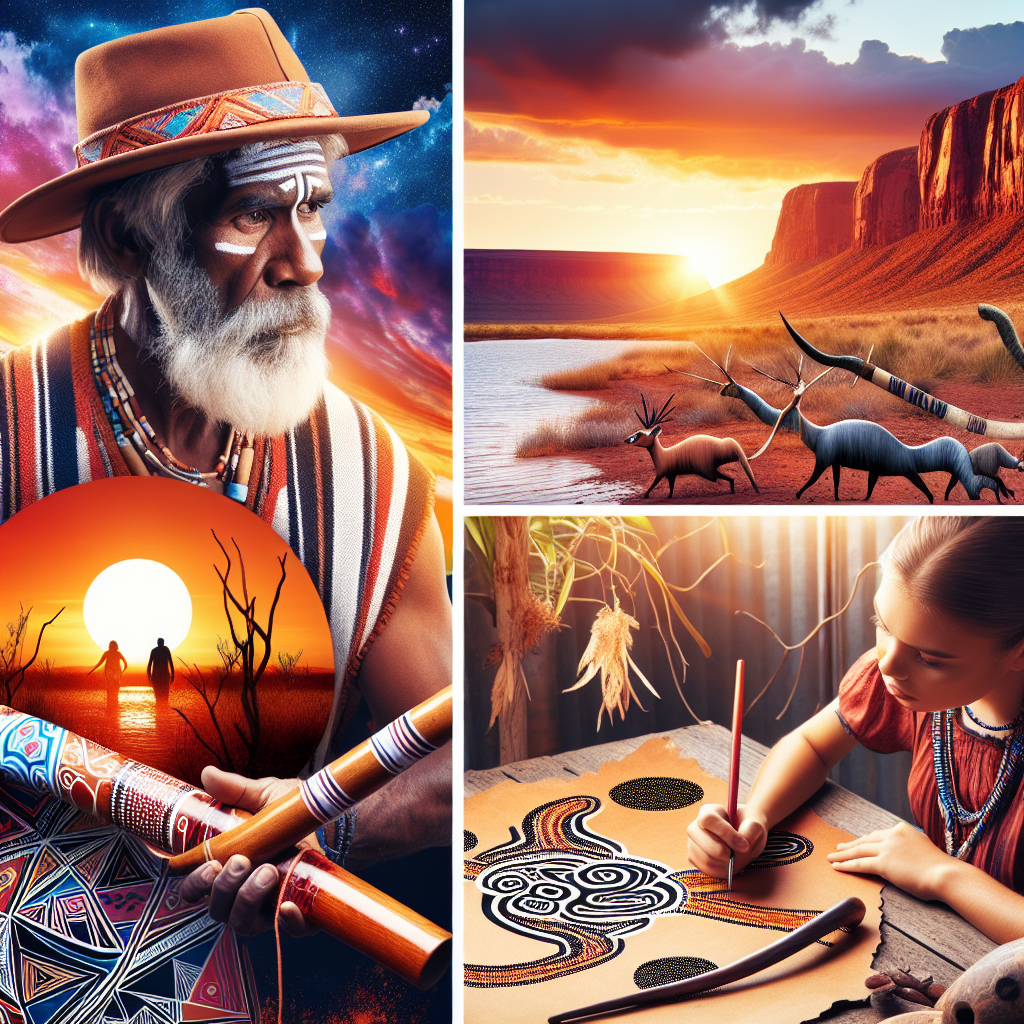Indigenous and Local Leaders Win 2025 Equator Prize for Nature-Based Climate Action
The award honors outstanding, community-led, nature-based solutions that tackle climate change, protect biodiversity, and promote sustainable development — with this year’s theme, “Nature for Climate Action”, focusing strongly on youth- and women-led initiatives.

On the International Day of the World’s Indigenous Peoples, the United Nations Development Programme (UNDP), through its Equator Initiative, announced the ten winners of the Equator Prize 2025. The award honors outstanding, community-led, nature-based solutions that tackle climate change, protect biodiversity, and promote sustainable development — with this year’s theme, “Nature for Climate Action”, focusing strongly on youth- and women-led initiatives.
The 2025 winners — from Argentina, Brazil, Ecuador, India, Indonesia, Kenya, Papua New Guinea, Peru, and Tanzania — were selected from over 700 nominations spanning 103 countries. Their work represents the frontlines of climate action: restoring critical ecosystems, safeguarding traditional knowledge, advancing climate justice, and building inclusive, nature-based economies.
Each awardee will receive USD 10,000 and global recognition at a high-level online award ceremony later this year, with opportunities to showcase their work during the UN General Assembly and COP30 in Belém, Brazil.
A Growing Global Movement
Since its launch in 2002, the Equator Prize has celebrated over 300 community-based organizations from 84 countries. This year’s winners join a network that collectively demonstrates how Indigenous and local leadership delivers real climate results — from regenerating forests and peatlands to reviving ancient agricultural systems and restoring coral reefs.
“On this important day, the 2025 Equator Prize winners are a reminder of the importance of honoring and recognizing the vision and leadership of Indigenous Peoples and local communities,” said Marcos Neto, UN Assistant Secretary-General and Director of UNDP’s Bureau for Policy and Programme Support. “These solutions, grounded in Indigenous knowledge and collective stewardship, are not only effective but essential to achieving a just, inclusive, and sustainable future for all.”
Meet the 2025 Equator Prize Winners
1. Cooperativa de Mujeres Artesanas del Gran Chaco (COMAR) – Argentina
Empowering over 2,600 Indigenous women in northern Argentina’s Gran Chaco, COMAR’s Matriarca brand turns traditional crafts into sustainable products for global markets. Founded in 2011, the cooperative combines biodiversity protection with climate resilience, while ensuring women-led governance and fair incomes.
2. Associação Uasei dos Povos Indígenas de Oiapoque – Brazil
Formed in 2022, Uasei unites four Indigenous Peoples in Amapá to create a sustainable açaí-based bioeconomy. It runs the first agroindustry on Indigenous land in the state, manages its own value chain, and operates the Empório Uasei store. Women and youth lead in boosting incomes, preserving biodiversity, and reducing dependence on exploitative intermediaries.
3. Hakhu Amazon Foundation – Ecuador
Led by Indigenous youth and women, Hakhu defends the Ecuadorian Amazon through advocacy, decolonial education, and grassroots media. Its women’s territorial guard, Yuturi Warmi, protects forests and communities, while Hakhu Amazon Design sustains livelihoods for Kichwa women, linking gender equity with climate justice.
4. Bibifathima Swa Sahaya Sangha – India
A women-led network in Karnataka, Bibifathima supports 5,000+ farmers in 30 villages through millet-based multi-cropping, seed banks, and solar-powered processing. Combining regenerative farming and renewable energy, it boosts food security, restores biodiversity, and empowers marginalized women and youth as agripreneurs.
5. Mitra BUMMA – Indonesia
In Tanah Papua, Mitra BUMMA protects 100,000 hectares of rainforest while building tribal governance and local economies. Serving over 3,000 people, especially women, it merges traditional knowledge with climate finance, supporting sustainable livelihoods and ecosystem stewardship.
6. Ranu Welum Foundation – Indonesia
Founded in Central Kalimantan, this women- and youth-led Dayak organization has mobilized 1,000 youth, conserved 3,000 hectares of forest, restored peatlands, and trained women firefighters. Its blend of conservation, cultural preservation, and media storytelling drives community climate action.
7. Nature and People As One (NaPO) – Kenya
NaPO works with pastoralist communities in northern Kenya to restore 550+ hectares of degraded land and manage over 10,000 hectares under community bylaws. Using traditional knowledge and low-cost restoration methods, it strengthens climate resilience and promotes youth leadership.
8. Sea Women of Melanesia Inc. – Papua New Guinea
This Indigenous women-led group has trained over 50 women in marine conservation, managing 1,500 hectares of coral reef and advancing sustainable fisheries in 15+ villages. Their model combines traditional ocean knowledge with modern science to restore ecosystems and empower women.
9. Cuyocuyo Terraces Agrobiodiversity Zone – Peru
Six Quechua communities steward Peru’s first recognized agrobiodiversity zone, spanning 6,500 hectares in the Andes. Protecting 1,281 native crop varieties and extensive ancient terraces, they preserve biodiversity, practice sustainable agriculture, and maintain ancestral knowledge.
10. Sustainable Ocean Alliance Tanzania – Tanzania
Youth-led since 2020, SOA Tanzania restores marine ecosystems by replanting 20,000 mangroves, restoring 100 hectares of seagrass, and training 130+ young ocean leaders. Its Bahari Venture supports sustainable seaweed farming, advancing gender equality and ocean health.
Why These Initiatives Matter
The 2025 winners address two urgent climate priorities:
-
Protecting and restoring ecosystems to mitigate climate change and help communities adapt.
-
Creating equitable, nature-based economies that provide livelihoods, safeguard culture, and build resilience.
By centering Indigenous governance, women’s leadership, and youth engagement, these projects demonstrate how environmental stewardship can also advance human rights, gender equality, and food sovereignty.
Global Recognition and Future Engagement
Beyond the cash award, winners will gain platforms to influence global policy at COP30 and other UN events. For UNDP, the Equator Prize is a cornerstone of its advocacy for community-led solutions, proving that when Indigenous Peoples and local communities lead, both nature and humanity thrive.










